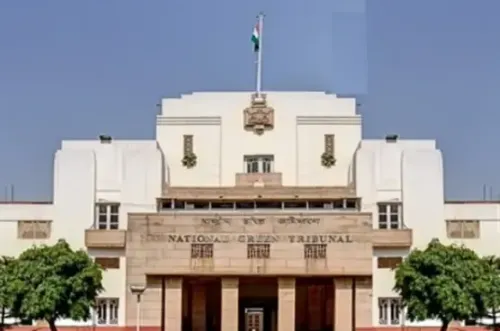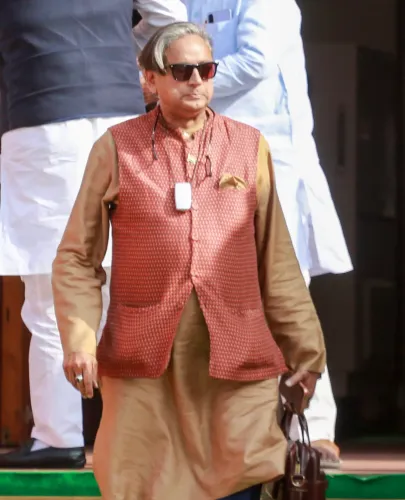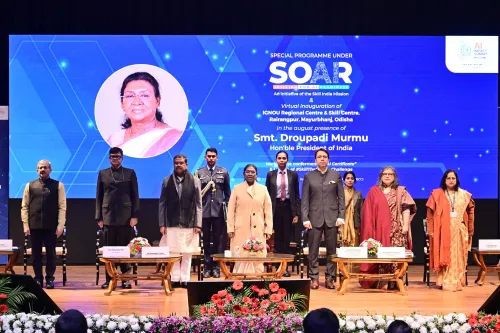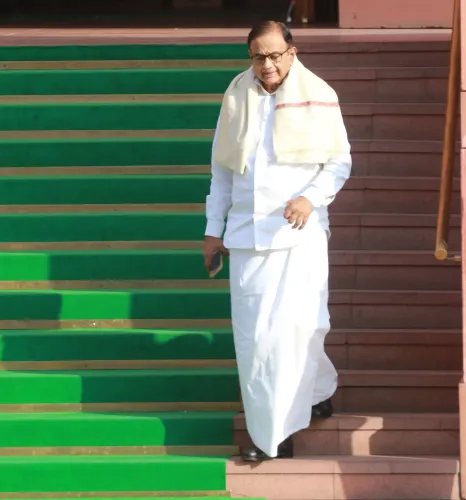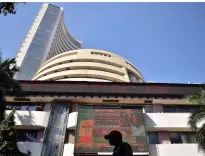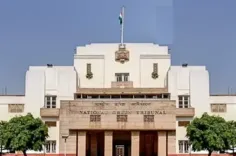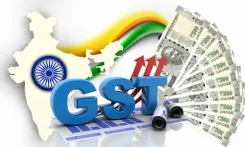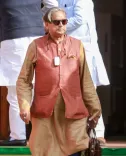What Challenges Does Congress Face in Upholding Social Justice and Constitutional Integrity?
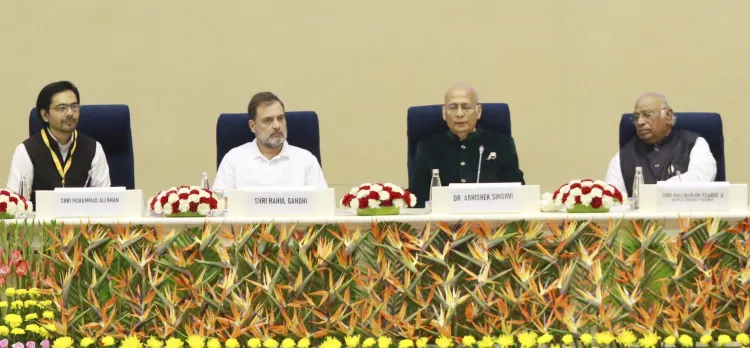
Synopsis
Key Takeaways
- Congress positions itself as a defender of social justice.
- Accusations against the BJP for undermining constitutional integrity.
- Focus on the importance of the caste census for equality.
- Concerns over voter disenfranchisement in Bihar.
- Highlighting gender disparities in rural employment.
New Delhi, Aug 2 (NationPress) The All India Congress Committee convened its National Conclave on “Constitutional Challenges: Perspectives & Pathways” on Saturday, delivering a strong critique of the current government's perceived efforts to erode India’s constitutional framework.
Prominent Congress figures accused the BJP-led administration of manipulating democratic institutions to stifle dissent, skew electoral processes, and compromise the core tenets of justice, equality, and fraternity as enshrined in the Constitution. This conclave served not just as a platform for legal discourse, but as a significant political awakening.
Commencing with the session titled “Social Justice and the Constitution: Ideas of Equality and Fraternity,” Congress representatives presented a robust and ethically grounded vision for governance.
From advocating for the caste census in Karnataka to supporting reservations for SCs, STs, and OBCs, speakers stressed that social justice must be an actionable constitutional reality, rather than mere rhetoric.
AICC Treasurer and MP Ajay Maken articulated the Congress party’s ideological stance through five fundamental principles - Samvidhaanwaad, Samajik Nyay, Samaveshi Vikas, Sarvdharm Sambhav, and Sanghiya Sanrakshan - positioning the party as a guardian of the constitution during a time of institutional vulnerability.
Karnataka Chief Minister Siddaramaiah highlighted the legal and moral necessity of social justice, referring to his administration's implementation of the caste census as a move towards institutional equality.
“Social justice is not a slogan - it’s the law speaking for the voiceless,” he asserted.
Telangana Chief Minister Revanth Reddy accused the BJP of seeking to dismantle the reservation system.
“It was the Congress that thwarted these attempts and safeguarded the rights of SCs, STs, and OBCs,” he maintained, provocatively adding, “It’s not for the RSS to remove Modi. That responsibility lies with Congress, led by Kharge ji and Rahul ji.”
Former Union Minister P Chidambaram invoked the groundbreaking potential of the 73rd and 74th Constitutional Amendments, which decentralized governance and empowered marginalized groups.
“These were revolutionary steps towards representation and justice,” he remarked.
Concerns regarding voter disenfranchisement arose as speakers pointed out the Special Intensive Revision (SIR) in Bihar, which allegedly excludes significant numbers of Dalit and minority voters.
“The BJP is weaponizing the Constitution to diminish its essence,” warned one speaker.
Gaurav Gogoi, Deputy Leader in the Lok Sabha, condemned the government's silence regarding the Manipur crisis, where over 200 lives were lost and 60,000 were displaced.
“The Prime Minister didn’t visit. The Home Minister didn’t apologize. The Northeast has been abandoned,” he declared.
Rajya Sabha MP Shaktisinh Gohil criticized the government’s selective enforcement of Article 14, while Deepender Singh Hooda humorously suggested renaming the BJP as the “Bhaichara Jalao Party.”
Senior Advocate Vivek Tankha brought attention to gender disparities, noting that rural women continue to be undercompensated despite their hard work.
He welcomed the one-third reservation for women in legislatures but cautioned that without genuine political determination, it risks becoming merely symbolic.


